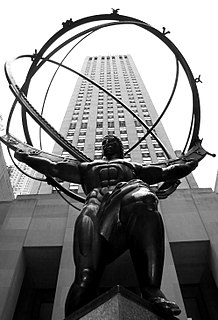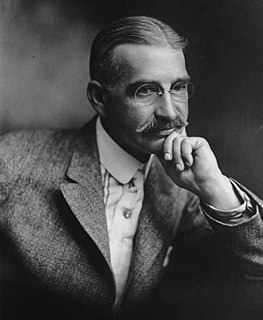A Quote by Scott Turow
'Reversible Errors' is about the limits of the law to define who committed ultimate evil, to define what ultimate evil is, to allow the million arbitrary factors to make this a meaningful punishment, and finally to say, 'Are we really accomplishing what we wanted to accomplish? Are those anxieties relieved?' I don't think so.
Related Quotes
There were those who loved liberty, who cried out to live their own lives, to strive, to rise above, to achieve, and those bent on the mindless equality of stagnation brought about through the enforcement of an artificial, arbitrary, gray uniformity--those who wanted to transcend through their own effort, and those who wanted others to think for them and were willing to pay the ultimate price.
People are tempted to think (understandably) that if God were really good He'd never allow any evil in the world at all. But I don't think a perfectly good God would never permit any evil, and neither would others, I wager, if they thought about it. Rather, I think that a good God always prevents suffering and evil unless He has a good reason to allow it. That's the crux.
For the first time in history, the rational and the good are fully armed in the battle against evil. Here we finally find the answer to our paradox; now we can understand the nature of the social power held by evil. Ultimately, the evil, the irrational, truly has no power. The evil men’s control of morality is transient; it lives on borrowed time made possible only by the errors of the good. In time, as more honest men grasp the truth, evil’s stranglehold will be easily broken.
When one has once accepted and absorbed Evil, it no longer demands the unfitness of the means. The ulterior motives with which youabsorb and assimilate Evil are not your own but those of Evil.... Evil is whatever distracts. Evil knows of the Good, but Good does not know of Evil. Knowledge of oneself is something only Evil has. One means that Evil has is the dialogue.... One cannot pay Evil in installments--and one always keeps on trying to.
When I say that terrorism is war against civilization, I may be met by the objection that terrorists are often idealists pursuing worthy ultimate aims -- national or regional independence, and so forth. I do not accept this argument. I cannot agree that a terrorist can ever be an idealist, or that the objects sought can ever justify terrorism. The impact of terrorism, not merely on individual nations, but on humanity as a whole, is intrinsically evil, necessarily evil and wholly evil.






































